When Royal Australian Air Force Chaplain Haydn Lea spotted four World War II medals at an auction in Perth late last year, his interest was piqued.
"There were four original medals," he told Mark Gibson on ABC Radio Perth .
"The medals themselves were OK, but the ribbons attached to them were all tattered and fallen apart a bit."
A fifth medal issued to the same person was also on sale separately.
Chaplain Lea decided to buy them, have them restored and track down the serviceman's family.
He also noticed that something was missing — a special clasp that was issued to all members of Bomber Command years after the end of the war in recognition of the role they played in attacking Germany.
Many airmen who died in combat or after the war missed out on the clasp.
"Part of the intent was to try to correct that, get that issued to him and then add it to the rest of his medals first," Chaplain Lea said.
After buying the medals for a few hundred dollars, Chaplain Lea discovered they had belonged to New Zealand aviator Sergeant William (Billy) O'Shea, who died during a bombing raid over Hamburg in 1942.
"Once I'd purchased the medals and was able to look up a little bit more information about Billy, I was able to confirm that he didn't have his other awards, so I contacted New Zealand honours and awards to be able to apply for that for him," he said.
"Part of that process is that if there is any next of kin on record, they're the ones that are supposed to get issued it."
Found after 30 years
The New Zealand Defence Force was able to put Chaplain Lea in touch with Billy's grand-niece Karen Curtis, who was delighted to receive the medals.
They had been given to Billy's widow Ann after he was killed, but when she died in the 1990s the family lost track of them.
"We are still trying to come to terms with the fact they've finally been found and in such an amazing way," Ms Curtis said.
"How they got to Australia we have no idea."
She had been looking for the medals for a decade and had been in touch with the New Zealand Defence Force to see if her great-uncle's medals could be replaced, which was not possible — but it did mean they had her contact details.
"I didn't know [Billy] at all — I wasn't born till 1967," Ms Curtis said.
"He died in 1942, but he was my father's uncle and my father really looked up to him.
"They look so alike and looking at photos of Billy I could swear it was my dad.
"And now I've got grandchildren who I'm teaching about the family history and what the sacrifice meant, so his story will go on."
Chaplain Lea plans to continue working to reunite people with missing medals and awards, and said he saw this part of his role with the RAAF.
"There's been a few times I've been able to get some of these medals for members that were missing out and getting them reunited in some way," he said
"A big part of chaplaincy is advocating for members.
"This guy was killed in the Second World War but that doesn't mean that we should stop advocating for him and getting the things that he deserves."

